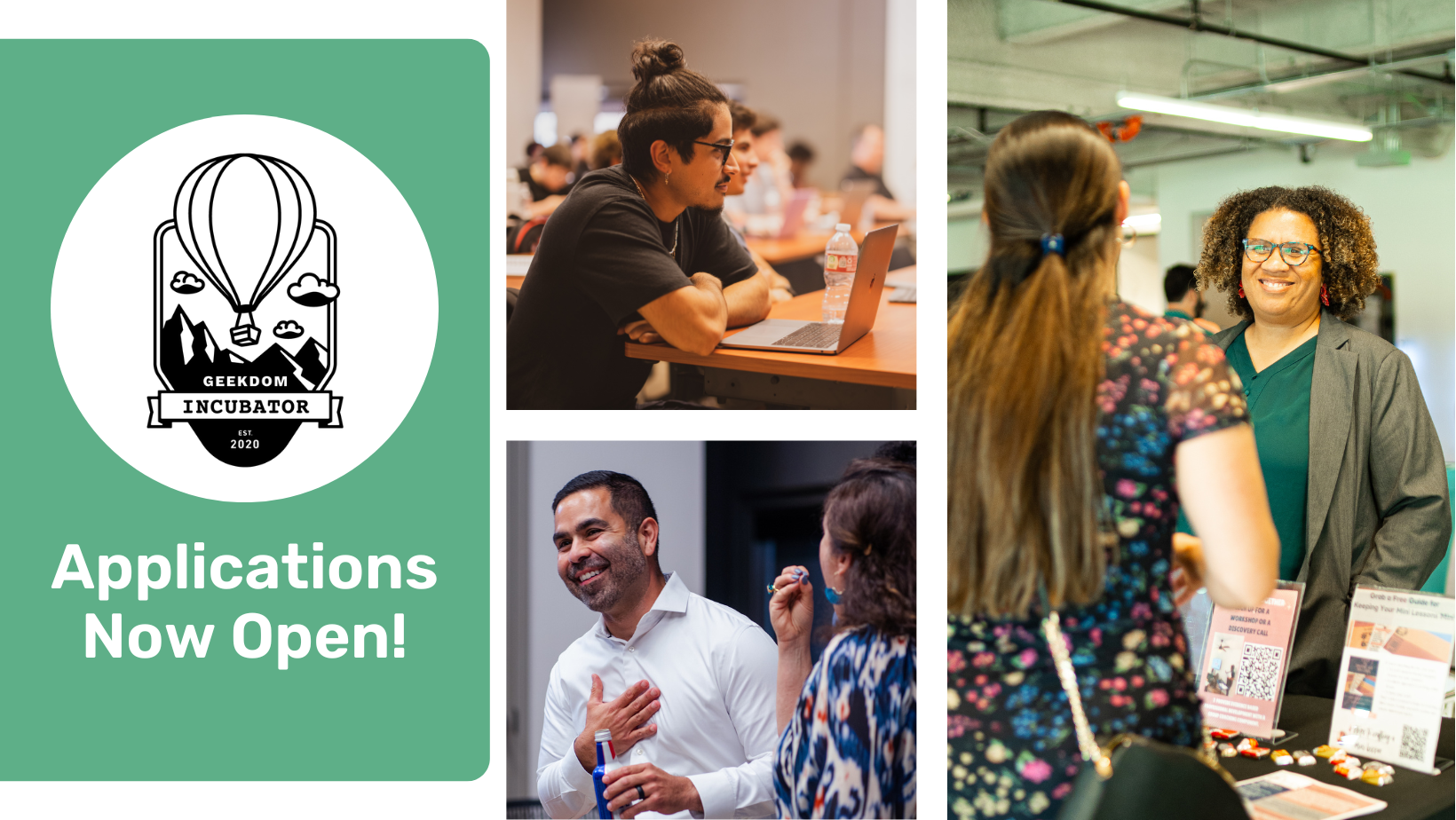In the competitive landscape of startups, a good business accelerator can be the catalyst that turns a promising idea into a sustainable, scaling business. However, not all accelerators are created equal. You may be wondering, “what makes a good business accelerator?” You’re not alone. Here are some key characteristics to look out for.
Strong Leadership and Experienced Mentors
One of the most important factors is the leadership behind the accelerator. Seasoned entrepreneurs, industry experts, or venture capitalists usually spearhead effective programs. They bring their expertise, network, and credibility into the accelerator, providing startups with invaluable mentorship. Suitable accelerators have mentors committed to sharing their knowledge, offering hands-on advice, and helping navigate the complex startup ecosystem.
Well-Defined Curriculum
Accelerators are time-bound programs lasting anywhere from 12 weeks to 6 months. A good accelerator will offer a structured learning environment with workshops, training sessions, and one-on-one mentoring within this period. Topics might include market validation, product development, fundraising, and scaling strategies. This curriculum should be flexible enough to be tailored to the needs of individual startups within the cohort.
Access to Resources
Startups need more than just cash to grow. They require many resources, from office space and legal advice to cloud credits and software tools. A good accelerator will provide, or at least facilitate access to, these necessary resources. This ensures that startups can focus on what matters most—developing their business—without being sidetracked by operational logistics.
Financial Backing
While funding isn’t the only benefit of joining an accelerator, it’s undoubtedly important. A strong accelerator will offer a fair and transparent investment deal, often in exchange for equity. The financial terms should be clearly defined, and the seed funding provided should be sufficient to help the startup achieve specific milestones. Additionally, good accelerators often have partnerships with venture capital firms or angel investors, increasing the likelihood of future startup funding rounds.
Networking Opportunities
The value of an extensive network can’t be overstated in the business world. A good accelerator offers excellent in-house mentorship and opportunities to network with other stakeholders in the industry. This could be through regular networking events, introductions to potential partners and clients, or a well-organized Demo Day where startups can pitch to a room full of investors.
Track Record of Success
Though past performance does not guarantee future results, it offers insight into an accelerator’s quality. Check their alumni: Have successful startups gone through the program? Have these companies secured additional rounds of funding? Are they profitable, or have they exited successfully? These are crucial questions to ask when assessing an accelerator’s track record.
Cohort Quality
Finally, the quality of the other startups in the program can be a significant indicator. Being part of a robust and diverse cohort can offer unparalleled peer learning opportunities. The experiences, challenges, and insights shared within the group can be as enriching as formal training sessions and mentorship.
Good Business Accelerators: Final Thoughts
Selecting an accelerator is a significant decision that could impact the trajectory of your startup. A good business accelerator will offer more than just funding; it will provide a holistic ecosystem designed for rapid growth and long-term sustainability. Look for solid leadership, a well-defined curriculum, adequate resources, and an impressive track record. Remember, the goal is accelerating your startup and positioning it for enduring success.
Entrepreneurs considering pitching to accelerators are invited to learn more about Geekdom’s pre-accelerator program. This six-week program is designed to give startups the tools and knowledge needed for success in business accelerator programs. Geekdom is proud to offer weekly workshops, speaker sessions, pitch practice, and one-on-one mentorship to get you headed in the right direction.




